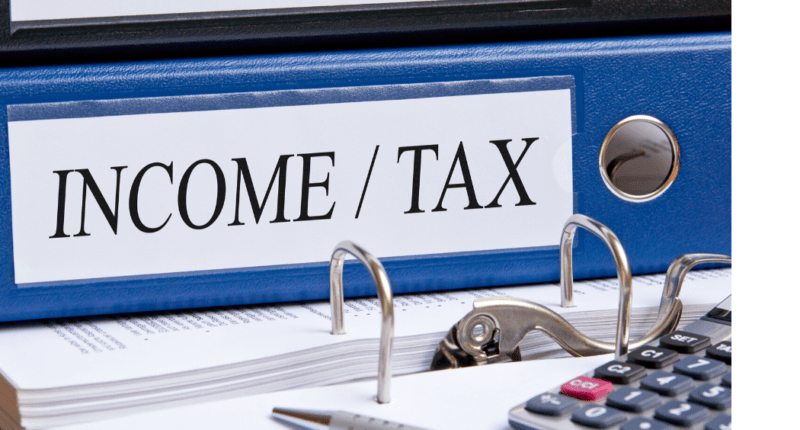Income tax return filing due date has been extended till 30th December 2020 by the department. As the tax-filing due date is approaching soon, here is something you would like to know more about an income tax refund.
Are you eligible for an income tax refund?
A taxpayer is eligible to receive an income tax refund when actual tax paid to the government is more than the actual tax liability. This usually happens when the advance tax, TDS deducted, and self-assessment tax paid by the taxpayer is higher than the total tax liability of a taxpayer.
Here are certain instances when you are entitled to tax refund :
1. If you have income from salaries wherein excess of TDS is deducted:
Usually, the employers ask employees to provide an estimate of tax investments that the employee is planning to make in the particular year. Based on this information and considering the declared deductions, the employer deducts TDS from the salary and deposits it with the government. However, there can be a mismatch between the investments/allowance claimed and actual investments/allowance by the employee, which will lead to change in final tax liability.
In case of any additional tax-saving investments done by the taxpayer towards the end of the year, the tax liability gets reduced, resulting in an income tax refund. Such extra tax paid can be claimed back as refunds, but only if you file your tax return. If you don’t file your ITR, you can’t claim a tax refund.
2. If you have income other than salaries where an excess of advance tax is paid:
If an assessee has an income from other sources other than salaries, and if his annual tax liability is Rs.10,000 or more, then he is liable to pay advance tax. Advance tax liability is calculated based on the estimated tax liability of the year. In case of a change in estimates, there is a possibility that the taxpayer has paid excess income tax. In this case, the taxpayer can claim a refund of the extra tax deposited to the government at the time of filing ITR.
Also Read: How do you know your income tax return is processed
3. If you have paid excess of self-assessment tax:
In a situation where the taxpayer has filed an original return, however, he has missed out to claim a specific deduction/allowance or has reported excess income which has made him pay an excess of tax as against actual tax liability. This excess tax paid can be claimed as a refund by filing a revised return.
How to know the refund amount?
- After filling up the appropriate ITR form, the system will automatically calculate the refund due or taxes payable by you based on the data provided.
- If you are eligible for a refund, your refund amount will reflect in the ‘Refund’ row. In the next step, you have to e-file your tax return and verify it.
- Once you are done with your refund claim, you can see it in the ITR acknowledgement filed by you.
- After you are done with filing and verification of your ITR, the IT department will process the return and verify your claims.
- An intimation under Section 143(1) will be sent upon processing of the ITR.
- You will receive an intimation on your registered email id. Also, you will receive an SMS on your registered mobile number stating that the ITR has been processed.
How to track the refund amount?
- You can track your refund status by logging to the income tax e-filing website and clicking on the refund/demand status under the ‘My Account’ tab.
- Also, you can visit the website https://tin.tin.nsdl.com. Then, once you enter your PAN and relevant assessment year, you can see your refund status. The tax refund is paid either through direct credit to your bank account or by cheque. So ensure that the bank account selected to get the refund is pre-validated with the e-filing account and also linked with your PAN.
So, do not wait for the last day and file your ITR right away to get your refund amount early and enjoy your refund.
For any clarifications/feedback on the topic, please contact the writer at jyoti.arora@cleartax.in

I am a Chartered Accountant by profession with 4+ years of experience in the finance domain. I consider myself as someone who yearns to explore the world through travelling & Reading. I believe, the knowledge & wisdom that reading gives has helped me shape my perspective towards life, career and relationships. I enjoy meeting new people & learning about their lives & backgrounds. My mantra is to find inspiration from everyday life & thrive to be better each day.





